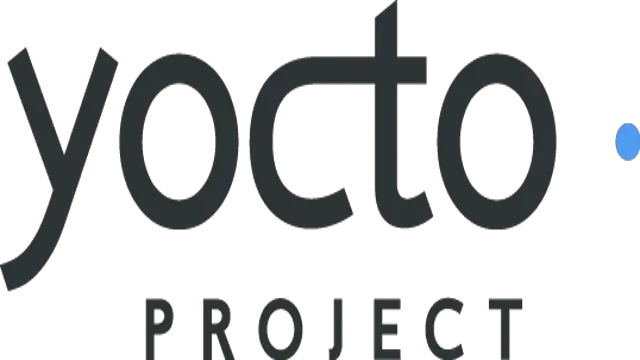The Yocto Project is an open source collaboration project that provides templates, tools and methods to help you create custom Linux-based systems for embedded products regardless of the hardware architecture. It was founded in 2010 as a collaboration among many hardware manufacturers, open-source operating systems vendors, and electronics companies to bring some order to the chaos of embedded Linux development.
As an open source project, the Yocto Project operates with a hierarchical governance structure based on meritocracy and managed by its chief architect, Richard Purdie, a Linux Foundation fellow. This enables the project to remain independent of any one of its member organizations, who participate in various ways and provide resources to the project.
It’s a complete embedded Linux development environment with tools, metadata, and documentation – everything you need. The free tools are easy to get started with, powerful to work with (including emulation environments, debuggers, an Application Toolkit Generator, etc.) and they allow projects to be carried forward over time without causing you to lose optimizations and investments made during the project’s prototype phase. The Yocto Project fosters community adoption of this open source technology allowing its users to focus on their specific product features and development.
The Yocto Project provides resources and information catering to both new and experienced users, and includes core system component recipes provided by the OpenEmbedded project. The Yocto Project also provides pointers to example code built demonstrating its capabilities. These community-tested images include the Yocto Project kernel and cover several build profiles across multiple architectures including ARM, PPC, MIPS, x86, and x86-64. Specific platform support takes the form of Board Support Package (BSP) layers for which a standard format has been developed. The project also provides an Eclipse IDE plug-in and a graphical user interface to the build system called Hob.
